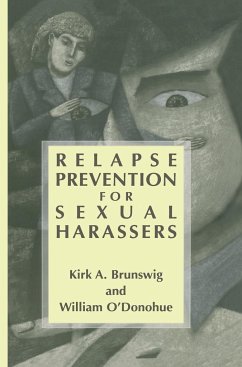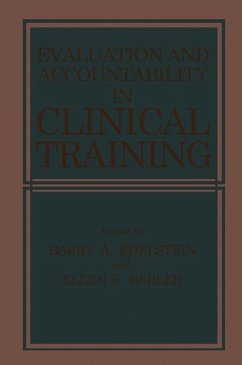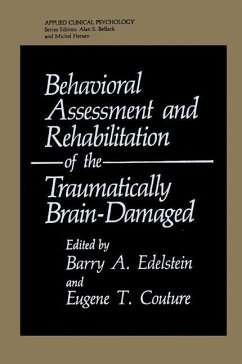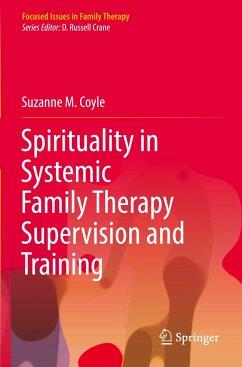Nicht lieferbar
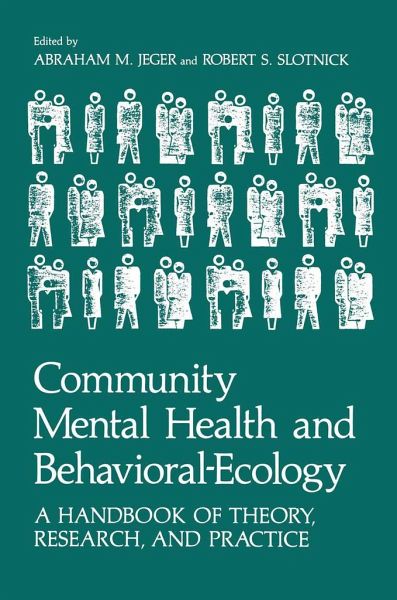
Community Mental Health and Behavioral-Ecology
A Handbook of Theory, Research, and Practice
Herausgegeben von Jeger, A.M.; Slotnick, R.S.
Versandkostenfrei!
Nicht lieferbar
This volume is addressed to professionals and students in community mental health-including researchers, clinicians, administrators, educa tors, and students in relevant specialities within the fields of psychology, psychiatry, social work, public health, and nursing. The intent of this book is to serve as a practical resource for professionals and also as a di dactic text for students. In addition,·the volume seeks to make a theoret ical contribution to the field by presenting, for the first time in book form, a behavioral-ecological perspective in community mental health. We present behavio...
This volume is addressed to professionals and students in community mental health-including researchers, clinicians, administrators, educa tors, and students in relevant specialities within the fields of psychology, psychiatry, social work, public health, and nursing. The intent of this book is to serve as a practical resource for professionals and also as a di dactic text for students. In addition,·the volume seeks to make a theoret ical contribution to the field by presenting, for the first time in book form, a behavioral-ecological perspective in community mental health. We present behavioral-ecology as an emerging perspective that is concerned with the interdependence of people, behavior, and their sociophysical environments. Behavioral-ecology attributes mental health problems to transactions between persons and their settings, rather than to causes rooted exclusively within individuals or environments. In this vol ume we advance the notion of behavioral-ecology as an integration of two broad perspectives--behauioral approaches as derived from the indi vidual psychology of learning, and ecological approaches as encompassing the study of communities, environments, and social systems. Through the programs brought together in this book we are arguing for a merging of these two areas for purposes of advancing theory, research, and prac tice in community mental health.








